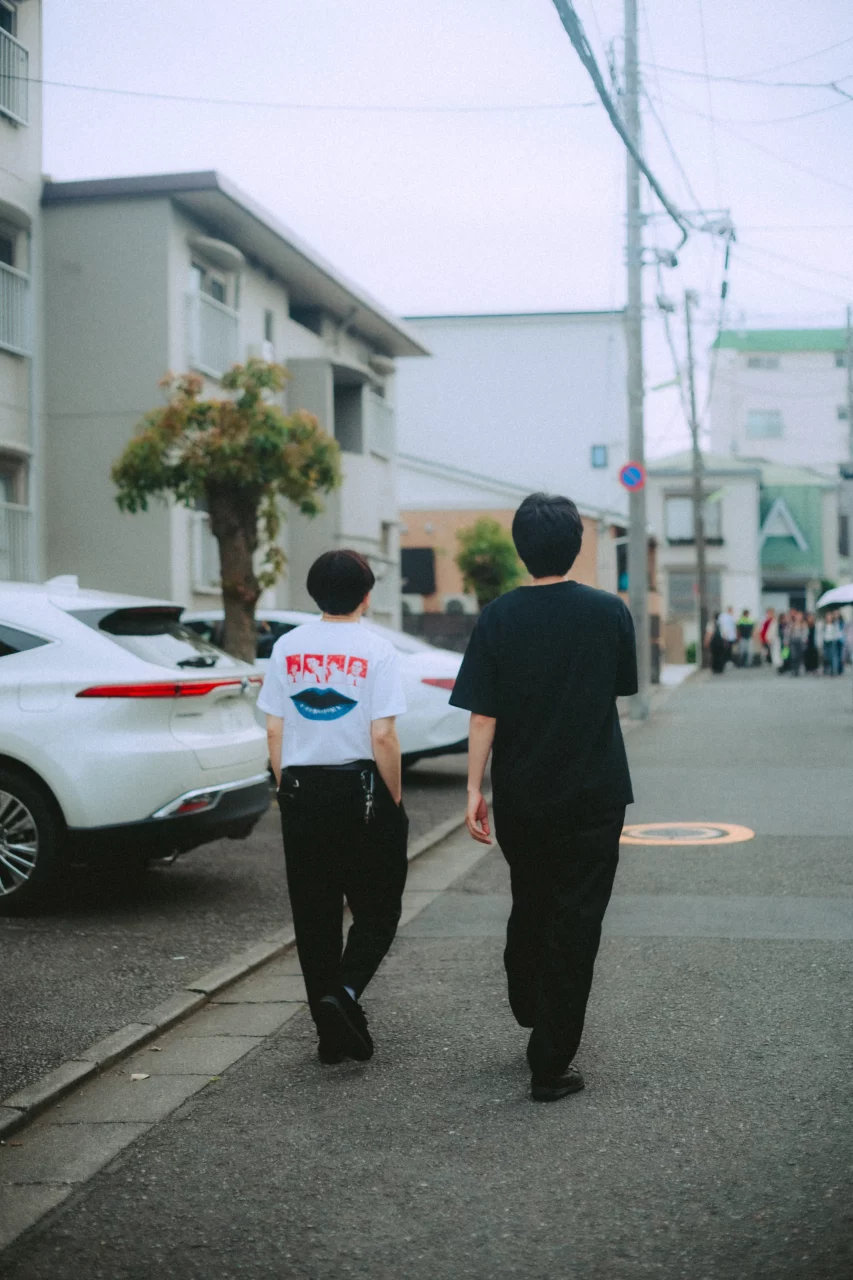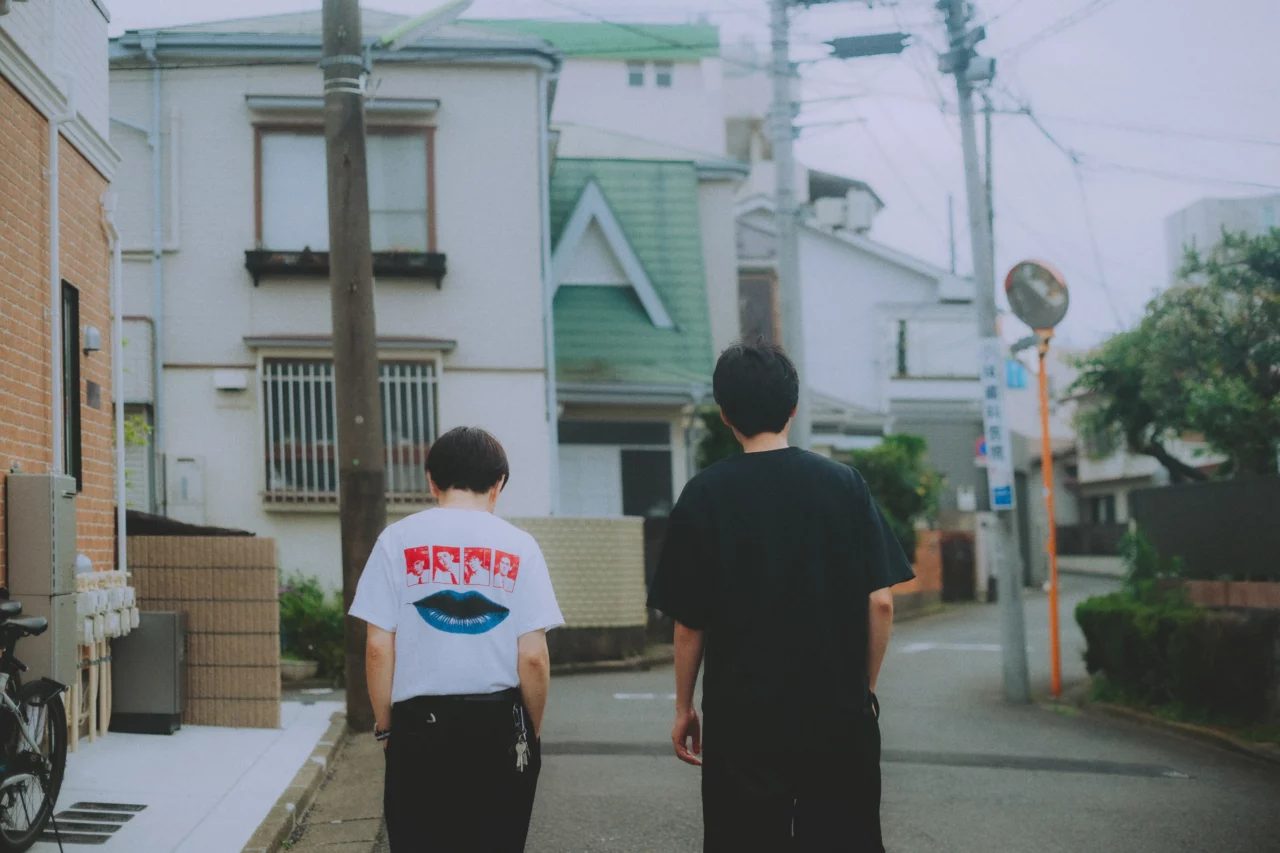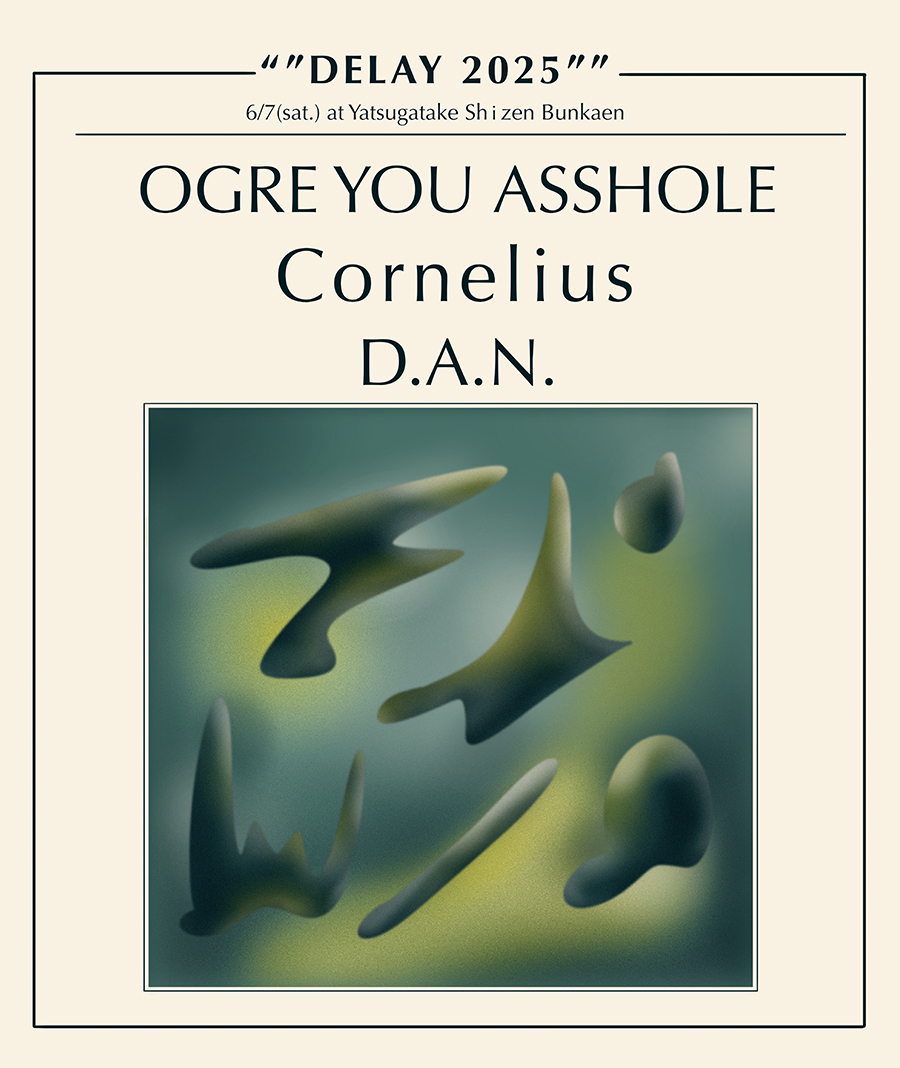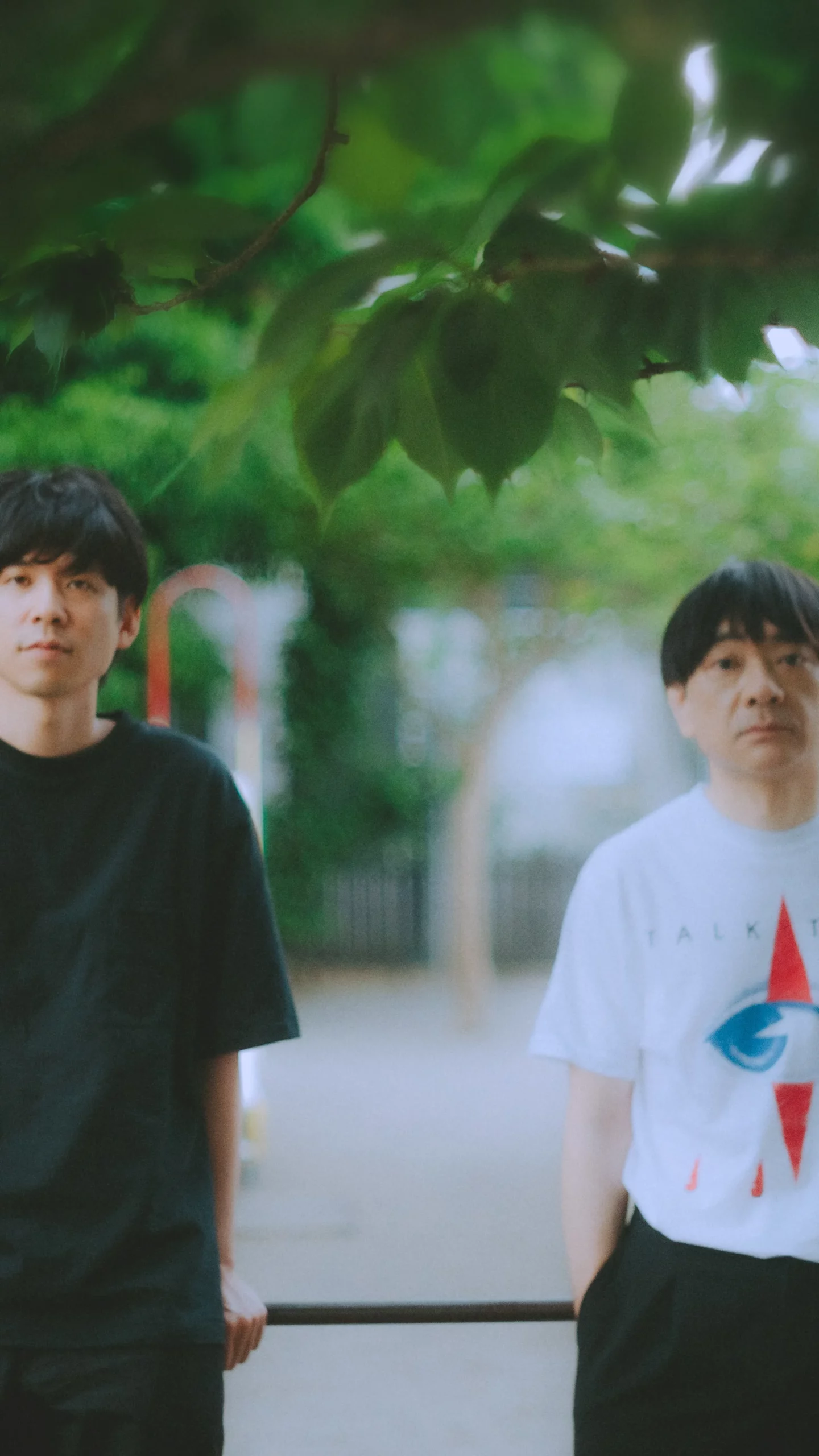INDEX
AI in Music: A Source of Both Wonder and Unease
Looking back at the history of synthesizers and sampling, I think people initially reacted to them with a similar kind of unease. But over time, the majority adapted, and those technologies became irreversibly widespread.
Oyamada: That’s exactly right.
So when it comes to AI technology, it’s hard to predict how public perception will shift going forward. But it’s safe to say that it won’t just be a wave of purely negative reactions.
Deto: I agree. I feel like listeners are gradually beginning to accept AI as a tool that can support music-making. On the other hand, there may come a time when the idea of “who made it” becomes irrelevant, and people start accepting music purely based on how good it feels—regardless of whether a real person created it. Before we know it, everyone might be listening to music made entirely by AI.
That would be a kind of dystopian vision. And on top of that, every piece of content could end up becoming a copy-of-a-copy-of-a-copy of something generated by AI, and humans would start referencing those iterations. In the world of writing, I feel like that issue is already starting to surface.
Deto: If that happens, we might end up flooded with content that’s smooth but completely uninteresting.
Oyamada: Yeah, I can see that happening.
As we talk about this, I’m reminded of something you said in a previous interview, Deto-san—about a kind of attachment to things that resist understanding. There’s a certain value in the pursuit of “perfect imperfection,” and maybe that rarity will only become more important from here on out.
Deto: That’s definitely how I see it.
And perhaps that “perfect imperfection” you mentioned earlier is subtly but critically different from the kind of “deliberate subversion of context” that AI can create.
Deto: xactly. That’s something I felt when I first listened to Cornelius as well. ‘FANTASMA’ is highly constructed, almost overwhelmingly packed with sound, yet there was something uncanny about it. And on the other hand, ‘POINT’ conveyed this sense that its minimal sonic world was connected to some other place. It had this almost frightening sensation—like my physical body was starting to dissolve.
Oyamada: It’s that blend of fear and pleasure. I’m drawn to that kind of thing too, and I’m always chasing after sounds that contain even a hint of a feeling I’ve never experienced before.
Do you think the fact that AI is currently evolving so dramatically makes you feel that way even more strongly?
Oyamada: That might be the case. Technology related to music has always been evolving—like how multitrack recording allowed us to create simulated spatial depth in sound, or how the arrival of DAWs let us manipulate the timeline freely. There have been so many innovations over the years.
But with AI, it feels like we’ve entered a whole new phase—one that’s starting to encroach on the very core of human creativity. As someone making music in the midst of such a dramatic shift, I can’t help but ask myself: what can I do within this transformation? I think that’s exactly why I can’t suppress my curiosity about AI.

Deto: I completely understand that sense of curiosity. Even while being daunted by the innovation, it’s about figuring out how we can use it as a tool. At the same time, there’s always a lingering fear that the power dynamic between humans and AI could eventually flip.
Oyamada: On the flip side, as long as that fear or sense of guilt remains widespread, I don’t think we’ll see an AI-generated song become a massive hit and have the creators openly promote the fact that it was made with AI as a positive thing. But at some point, even that might flip.
Deto: Apparently, there have been studies showing that when you present the same piece of work to someone and tell them it was made by AI versus by a human, people overwhelmingly prefer the latter. That might be true now, but someday that gap could close, and we might even get a song made by AI that genuinely moves people.
Like a “Tearjerker AI Playlist” trending on YouTube… [laughs]
Deto: Exactly [laughs].
It feels like we’re at a point where the entire concept and definition of “creativity” might be changing. In the grand scheme of things, the notion of “creativity” that we all currently share may have only made sense within this small window of time since humans acquired language.
Oyamada: Yeah, and the idea of the “prompt artist” is already gaining traction. That’s something that doesn’t quite fit into our traditional definition of creativity anymore.
When you look at it that way, maybe the idea of a “band”—people gathering and playing instruments together—might become one of the few spaces where this old form of creativity continues to be preserved, even as the rest of the creative landscape shifts radically.
Oyamada: That could be. AI can’t physically pick up an instrument or respond in real-time to the sound of others playing.
There’s been talk for a while now about how the value of live performance as an experience is on the rise, but given everything that’s happening, that shift might become even more pronounced.
Deto: I agree. The meaning of performing or attending a live show is probably going to evolve even further.
All of this makes me look forward to “DELAY2025” even more.
Deto: I hope you really do enjoy it [laughs].

””DELAY2025″”

Saturday, June 7, 2025
Venue: Yatsugatake Natural and Cultural Park Concert Plaza, Hara Village, Nagano Prefecture
OPEN 14:00 / START 15:30
Lineup: OGRE YOU ASSHOLE, Cornelius, D.A.N.

























